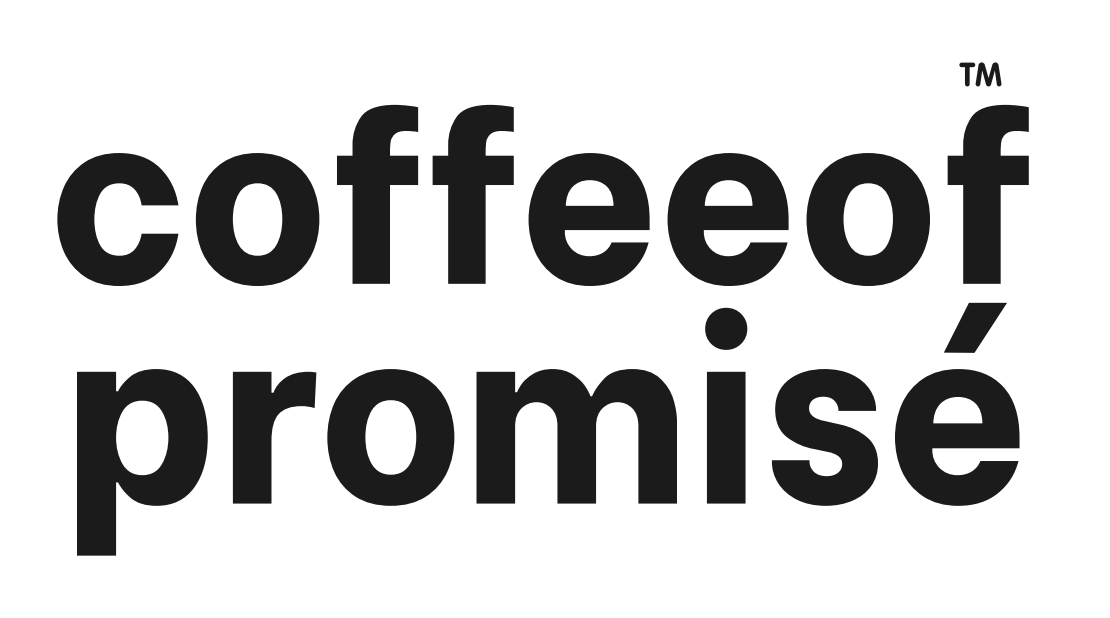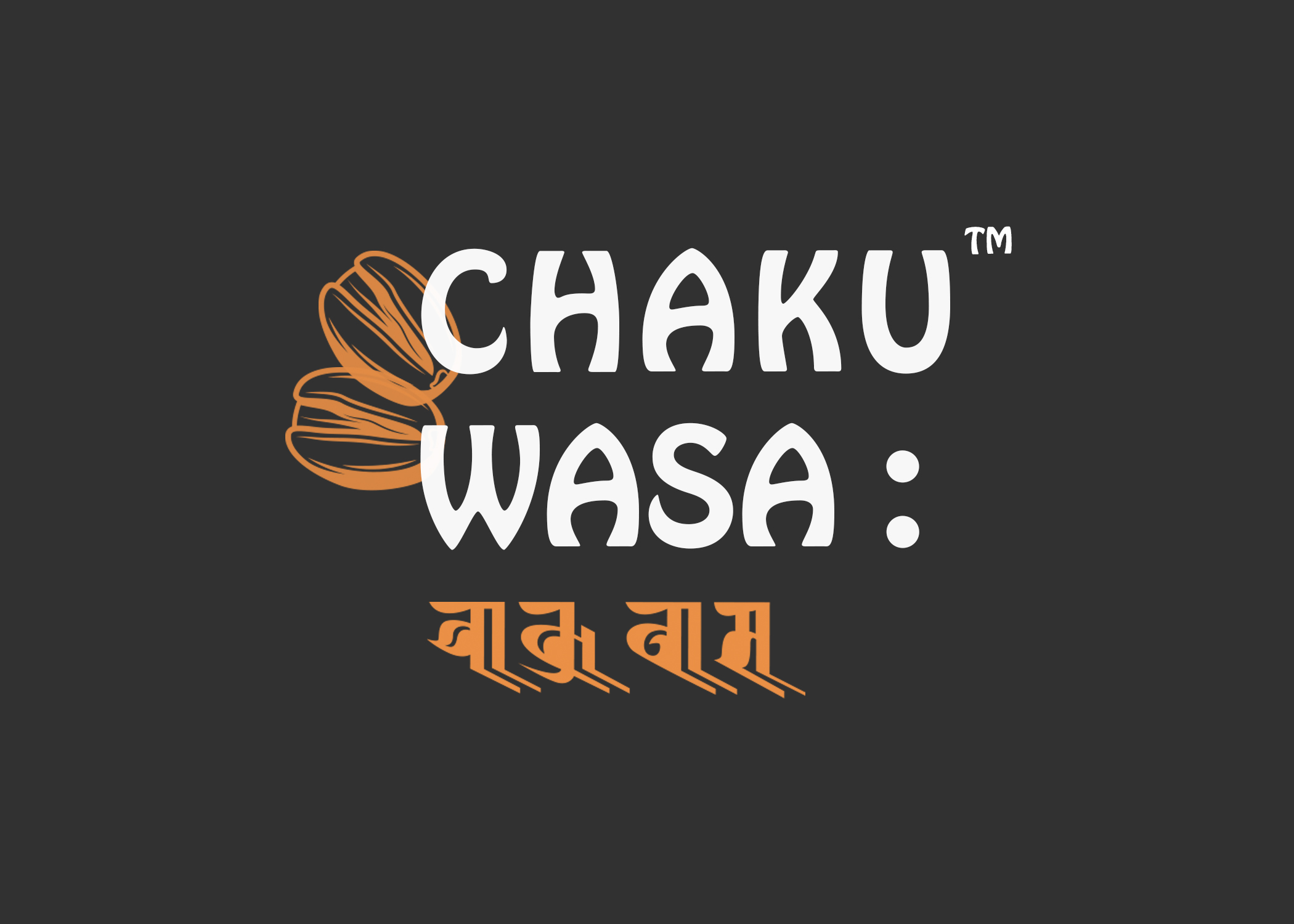Destructuring Misogyny: Centering on Women’s Narratives
By Kriesha PradhanWhen I was in the fourth grade, my mom made me take taekwondo classes. It had only been the first week of class and I already wanted to quit, but my mom encouraged me to stay. With her belief rooted in the experiences of witnessing women being harassed and assaulted, she firmly believed that girls must be able to fight for and physically defend themselves. It’s a little dystopic to me that even as a nine-year-old, my mom thought that it was essential for me to take self-defense classes just because there are people who will not stop at ‘no’. The right to say ‘no’- the fundamental freedom to physical/sexual consent is one of the many rights that patriarchy has deprived women of. We’ve had to fight fiercely for our voices to be heard, for our voices to matter. Unfortunately, as a result of the misogyny that persists even today, women are still presented as sexual objects, and the need to pay heed to women’s consent is widely disregarded.
Katherine Switzer, the first woman to officially run the Boston Marathon in 1967 until the race director tried to forcibly pull her out because she was a woman, was later quoted as saying, “it was widely perceived that it was really quite socially objectionable for women to participate in sports because they looked arduous” (Sky Sports, 2021). Misogynistic beliefs like these have followed us well into 2022, feeding into hostile and unjust behavior toward women. As in sports, women have historically been outcast from numerous arenas and held back due to misogyny. Be it working outside the domestic sphere or driving anywhere, whether voting in local elections or becoming financially independent, women were relegated to domestic bubbles and household work. This forced women to directly depend on men for income in their daily lives as well as for the protection of their rights. Under this oppressive system, they were forced to oblige under the authority of the men in their families. They neither had the basic freedom to consent - to give permission for anything that happened to them nor did they have the freedom to sexual consent. In other words, what women wanted simply did not matter since the gender dynamics made women inferior and their right to consent worthless.

Image: Prakash Mathema/Agence France-Presse (2015).
That said, there have certainly been improvements in terms of challenging misogyny in our society. Most men I know don’t hold themselves as being superior between the two genders, and women are increasingly taking charge of their own lives. Unfortunately, the continuation of unnecessary catcalling, discrete assaults in crowded buses, and uncalled sexual objectification of women continue to reveal that we haven’t made the same amount of progress in enforcing the validity and importance of women’s consent.
Reinforcing prejudicial systems that consider women as being inferior to men also reinforces the idea that men do not need to seek women’s permission to do anything to them. The contemporary entertainment industry is a prime example of where this can be found. The Nepali film series Kabaddi may have set records at the box office but the very first film was a blow to women’s freedom to consent (Kathmandu Post, 2019). The thirty-two-year-old male protagonist Kaji is set on marrying Maiya - a young nineteen-year-old who, throughout the film, rejects Kaji multiple times and even states clearly that she will never marry him. Nevertheless, he continues to pursue her and even almost succeeds at kidnapping her so that they can get married the same day. In this film, one of the most obvious blows to women’s freedom to sexual consent is when one of the characters says, ‘Yo taruni haru ko mamla ma adarsha ko dhoti odera hudaina’ -- meaning, young girls do not need to be treated with respect. He further states that women appreciate hyper-aggressive and dominant men, suggesting that men should simply have sex with women whether they have their consent or not. In this way, the notion that men are superior to women and in positions of power is reinforced through the film. As the main protagonist Kaji decides that he wants to marry Maiya, the supporting characters go about helping him pursue her. At the same time, the female lead Maiya is portrayed as an object of desire for men. She is also characterized as a helpless damsel in distress who constantly needs to be saved by men. So, women are depicted as being inferior to men. As a consequence, Maiya’s consent, or rather the lack of it and women’s freedom to consent in general, is disrespected.

Image: AFP Photo/Prakash Mathema (2015)
While misogyny looks down on women, it puts men in positions of power that fail to hold them accountable for disrespecting women’s basic rights, freedom, and status. As a consequence of the actions of some men, women’s freedoms are instead restricted and controlled. Take, for instance, the “dress codes” in schools. Schools are perfectly aware that there will likely be students and even teachers who will throw perverted glances at girls, objectify them, and even harass them. However, it is girls who are subjected to strict dress codes: skirts lingering just past the knees, hair in pigtails, and fully buttoned-up shirts. Even outside of school, women are told to dress modestly when relatives show up and refrain from walking alone at night. Such regulations and norms create an oppressive environment for girls. The offenders themselves aren’t penalized or even called out which incentivizes them to do as they please. Instead, it is girls who are made to feel and act responsible for preventing cases of harassment, and not the offender for violating someone’s consent. Those who harass women are thus protected by misogynistic practices that give them the freedom to overlook women’s consent without facing any consequences for it.
Misogyny, as a form of gender and sexual bias, encapsulates the idea that women are inferior to men. In a bid to empower women and women’s freedom to consent, women as well as other feminist figures inclusive of men, have fought a long hard battle to deconstruct, reject, and challenge misogynistic practices. But this battle is far from over. Casual misogyny in films, schools, and across other fields continues to promote the faulty idea that men are dominant over women and that men can do whatever they want without fearing women’s judgment or their rights. Thus, women’s consent is made to seem unimportant. Ultimately, this feeds into a vicious cycle where misogynic beliefs devalue women’s role, authority and basic freedom by yielding more power and freedom to men.
Not all men give in to misogynistic systems, but because of some men whose misogynistic practices corrupt and defy a woman's consent, an eerily dangerous world is created for all women. My mom thought that learning taekwondo could keep me safe. But the responsibility to prevent harassment should not fall upon its victims. In reality, the problem is that the world has never felt safe for girls. Every women’s march, every legislation etching towards equity, and every crack left in the glass ceiling defies misogynistic superstitions that assume women to be less than men. But the men who march with women at protests, the men who stand up for women, and the men who respect women are a sign of crumpling misogyny as well as the triumph of women’s freedom to consent – a brilliantly burning flame of hope.
Centering on women’s perspectives from around the world allows us to imagine, restructure, and create just societies that are free from misogyny and gender bias. Join us at Tav The Community and share your thoughts with our fellow readers and community members.


 Kaunteya
Kaunteya
 KUB
KUB
 Imasafe
Imasafe
 Coffee Of Promise
Coffee Of Promise
 Avani Nepal
Avani Nepal
 Fibre & Nuts
Fibre & Nuts
 Rato Bangala Kitab
Rato Bangala Kitab
 Kurauni
Kurauni
 Luha
Luha
 Peachytonics
Peachytonics
 Twakka Chilli
Twakka Chilli
 Lil Sherpa
Lil Sherpa
 Chaku Wasa:
Chaku Wasa:
 Tattva Tea
Tattva Tea






















